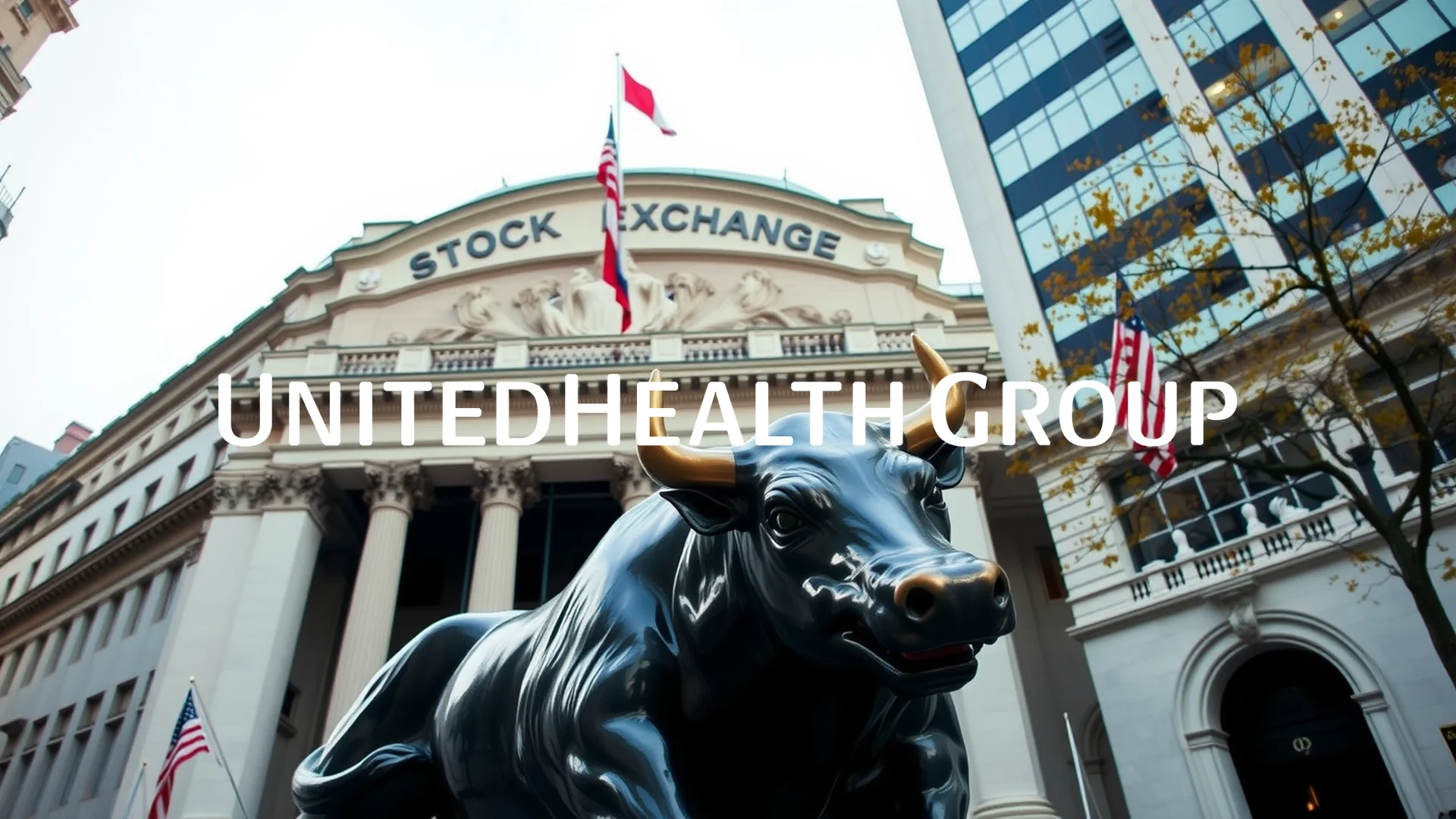UnitedHealth Group’s recent appointment of former FDA commissioner Scott Gottlieb to its board of directors has generated a surprising market reaction. Despite the company’s intention to bolster its regulatory expertise, investors have responded with selling pressure rather than enthusiasm. This divergence raises questions about whether the stock’s decline reflects temporary uncertainty or deeper fundamental concerns.
Market Reaction Contrasts with Strategic Intent
The healthcare giant’s decision to bring Gottlieb aboard represents a calculated strategic move within the complex healthcare landscape. During his tenure as FDA chief from 2017 to 2019, the physician championed regulatory reforms and advocated for modernized approval processes. This background could provide UnitedHealth with significant advantages in navigating regulatory environments, particularly for its Optum Rx pharmacy division.
CEO Stephen Hemsley emphasized the value of Gottlieb’s expertise in technology-driven healthcare solutions—precisely the area where UnitedHealth is aggressively expanding through its Optum division. Nevertheless, market participants have thus far withheld their approval of this personnel decision.
Diverging Perspectives: Analyst Optimism vs. Investor Caution
As shares face downward pressure, research firms maintain surprisingly positive outlooks:
- Morgan Stanley raised its price target from $325 to $395
- JPMorgan increased its target from $310 to $425
- Piper Sandler maintains an “Overweight” rating with a $417 target
Overall, eighteen analysts rate the stock as a “Buy,” nine recommend “Hold,” and only three suggest “Sell.” The average price target of $397.12 sits substantially above current trading levels, creating a clear disconnect with prevailing market sentiment.
Should investors sell immediately? Or is it worth buying Unitedhealth?
Fundamental Challenges Persist
Recent quarterly results highlight the company’s dilemma: while UnitedHealth exceeded expectations with adjusted earnings of $2.92 per share, its medical-care ratio of 89.9% remains problematic. This metric, which measures the proportion of premium revenue spent on medical services, significantly exceeds the industry standard of 80% and continues to pressure profit margins.
Simultaneously, record trading volume of $2.85 billion on Tuesday demonstrates substantial investor interest in the stock. Institutional investors including Empirical Finance LLC have already used the weakness as a buying opportunity, increasing their positions by 8%.
Critical Juncture: Strategic Vision Versus Immediate Pressures
UnitedHealth stands at a crossroads. The Gottlieb appointment signals long-term strategic thinking in an industry facing significant regulatory challenges. However, the company continues to grapple with rising healthcare costs and compressed margins in the near term.
The crucial question remains whether the new board member’s regulatory expertise can effectively position the company for sustainable recovery, or if fundamental operational challenges will overshadow even the most strategic personnel decisions. Forthcoming quarterly results will reveal whether this board appointment represents a masterstroke of corporate strategy or merely expensive symbolic governance.
Ad
Unitedhealth Stock: Buy or Sell?! New Unitedhealth Analysis from February 7 delivers the answer:
The latest Unitedhealth figures speak for themselves: Urgent action needed for Unitedhealth investors. Is it worth buying or should you sell? Find out what to do now in the current free analysis from February 7.
Unitedhealth: Buy or sell? Read more here...










